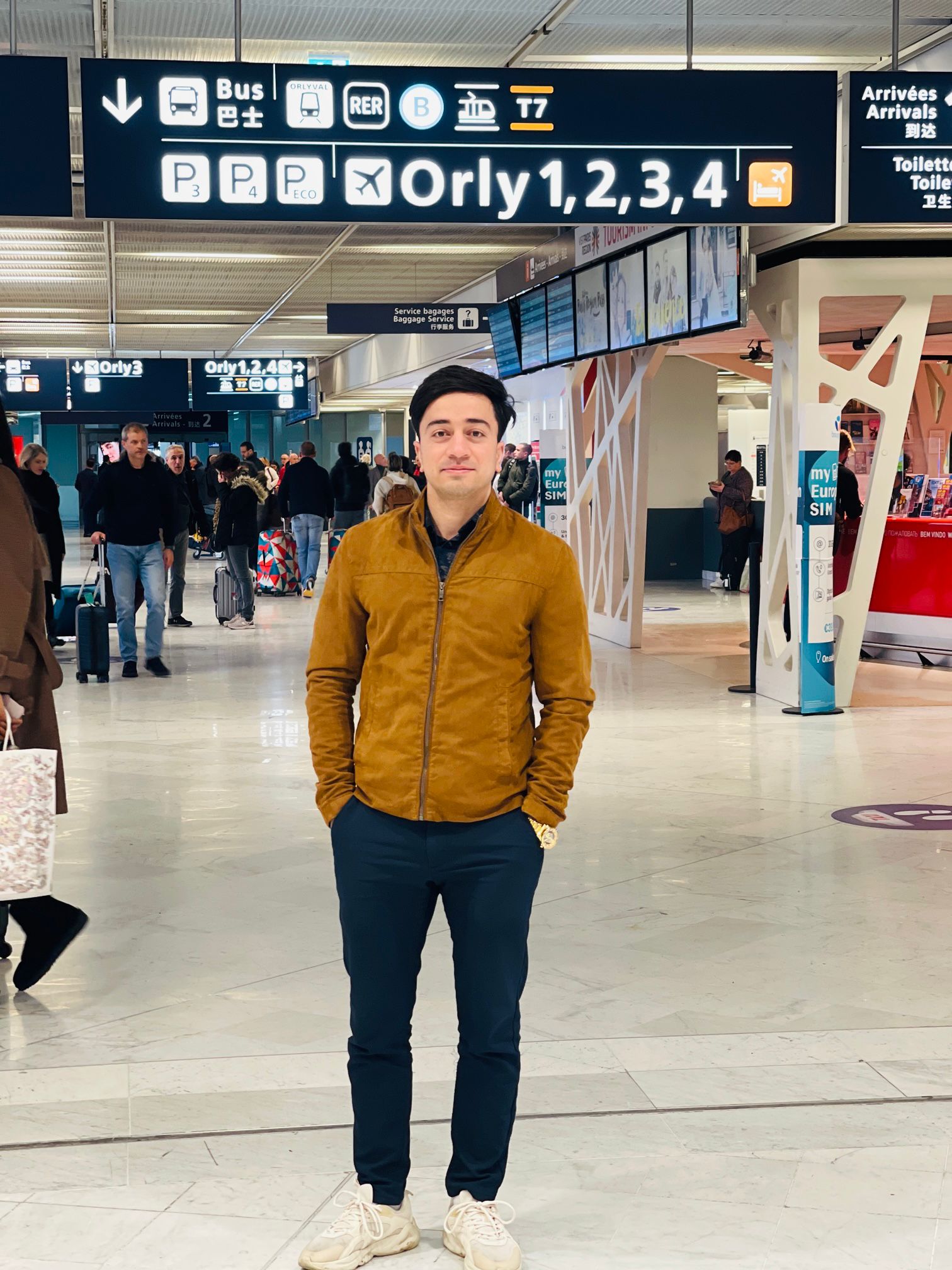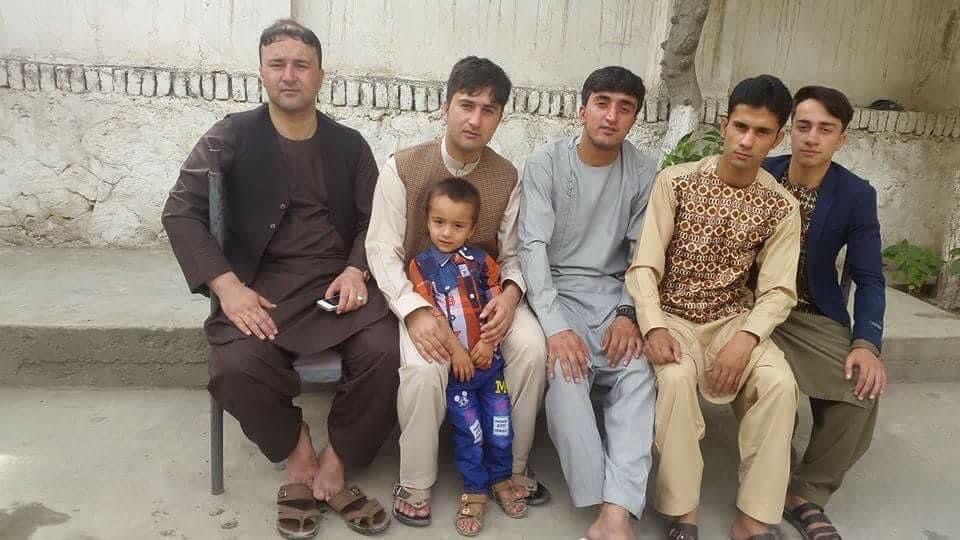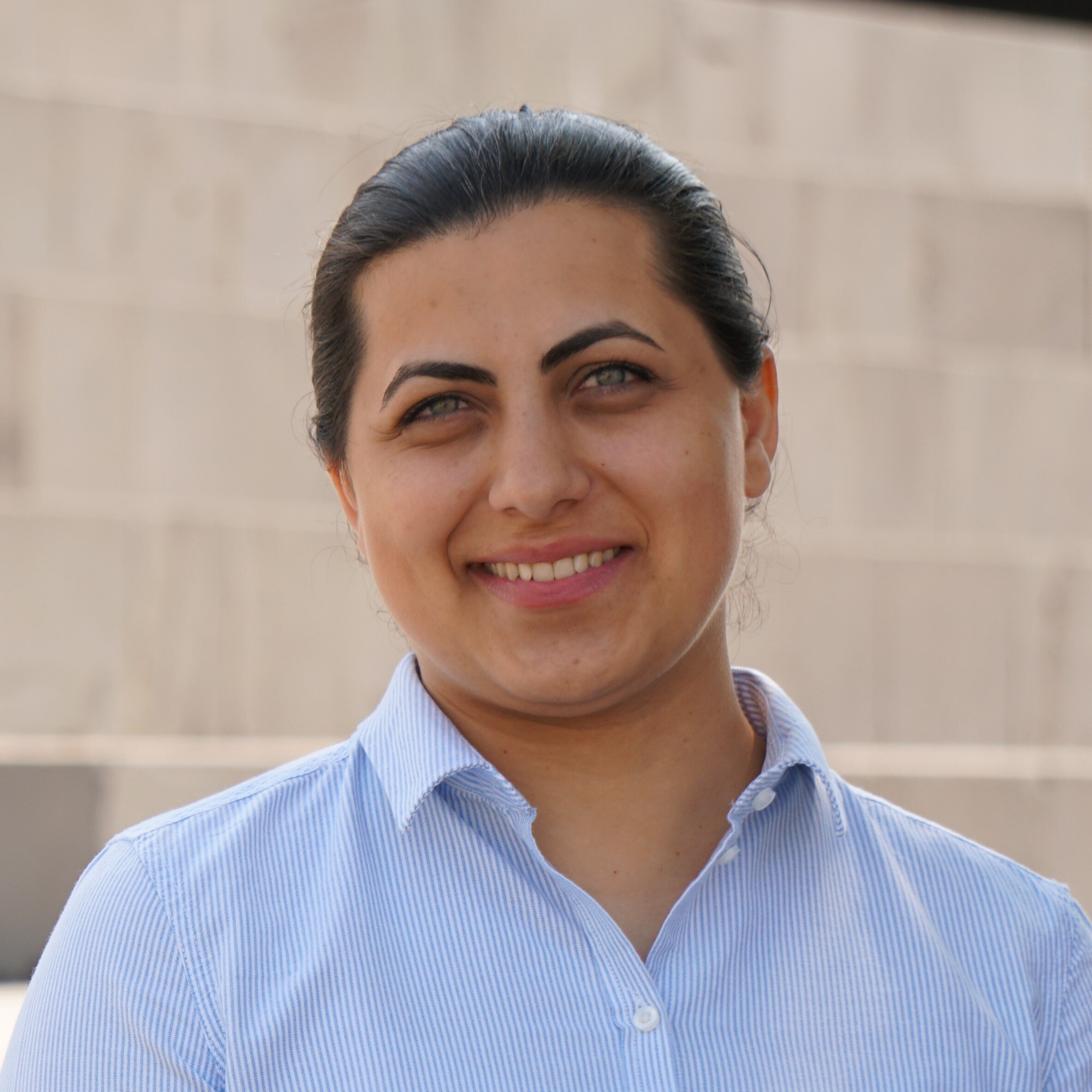How to become an exile
Amiry Maisam only planned to be away from his family home in Afghanistan for three months. Three years later, Ani Tovmasyan talks to him about becoming a refugee in Germany.

Amiry Maisam left his home in Pul-e Khumri, a town to the north of Kabul in Afghanistan, to study for his masters in Kyrgyzstan. At the airport, his mother told him: “You will go, and I will miss you.” They were unaware his planned three months would become three years, with no prospect of return.
It was August 2021, and the Taliban were about to retake his country. “Day by day, the districts, the cities, the provinces were falling into their hands,” he says.
The fall of the Afghan government left Maisam stranded in Kyrgyzstan, far from his family. He had to leave Kyrgyzstan and relocate to Germany. Heading home was impossible because even being educated in Kyrgyzstan would be unacceptable to the Taliban.
“I studied in a Western culture and laws,” he says. He had obvious security concerns. Two of his brothers cooperated with the previous Afghan government, serving in the military forces. Another worked at the Australian Embassy.
His family became internally displaced, hiding its identity, a common move for Afghan families after the Taliban came to power. Maisam had to choose the alternative approach, also common, of seeking refuge abroad.
Following the Taliban takeover, more than half of Afghanistan's population expressed a desire to leave the country. Over one million people have fled so far, with Afghans comprising the largest group of asylum seekers in Europe, according to the International Organisation of Migration.

Maisam is the only person in his extended family who has pursued a master's degree. He studied econometrics and public policy, although his parents wanted him to become a doctor. Education was of immense importance to his parents. During school years, he, his four brothers and two sisters, were never asked to work to support the family financially.
Although Maisam faced troubles coming to Germany, he says his route was incomparable to the perilous path taken by other Afghans via illegal channels: “They would face death, those people are so brave,” he says.
He explains the situation facing young Afghans who took advantage of the educational and professional development opportunities offered during the past twenty years. He says that while they eschew the ideology of the Taliban regime, “they have families to feed.”
But they find, even if they stay in government positions, they often have to train up someone more aligned with Taliban ideology to replace them. The same happens in the private sector or the international NGOs. “They get a quota, and are then sent candidates,” he says.
Women were the worst affected, excluded from all public organisations. “In 2022, the de facto government eliminated 14,000 public positions that were occupied by women,” says gender expert Ruqia Hazrati. “Eighty-two percent of those were teaching roles, at schools or universities. Female teachers had been able to teach boys. Now some women are kept in very diminished roles, such as admin jobs.”
And so, the educated seek ways of escaping. Those fortunate enough to leave the country and find a job abroad become the main financial source and support for their families back home. Maisam’s brother supported him by providing a financial statement for getting a visa for his studies in Germany: “If my brother wasn't in Australia, I wouldn't be here,” he says.
Brain drain and the lack of quality education is devastating Afghanistan, he says. The economic situation has worsened so much that small and medium enterprises run by Afghans are no longer profitable. Ruqia points out that it is mainly the men who are migrating. “If a woman is married, living with extended family members, there can be huge pressure not to let her go outside the country,” she says.
Maisam is not hopeful for the near future. He believes other countries should support educated youth in Afghanistan to find opportunities abroad: “In the last 20 years of the government, people were so lucky to have education, to be able to graduate from universities. I think if they are not supported, that talents will be lost.”

Life abroad is not easy, despite what those left in Afghanistan think. “You must try hard, learn the language, and go through a lot of difficult things,” says Maisam. He misses the social life and family gatherings keenly, especially Eid. “Twenty to thirty people coming together, that's one of the best memories that I have. Having the whole family together,” he says.
Germany has provided him good educational opportunities and a job at the university, even if it will never replace his country: “But yes, once you think that you don't have a way back, and you're staying here, then it feels like home,” he concludes.



